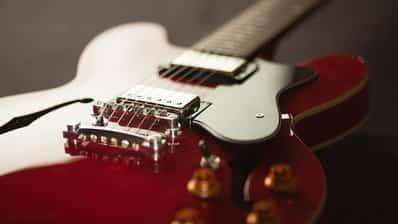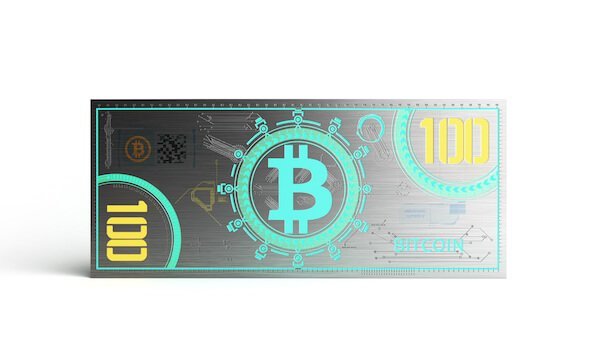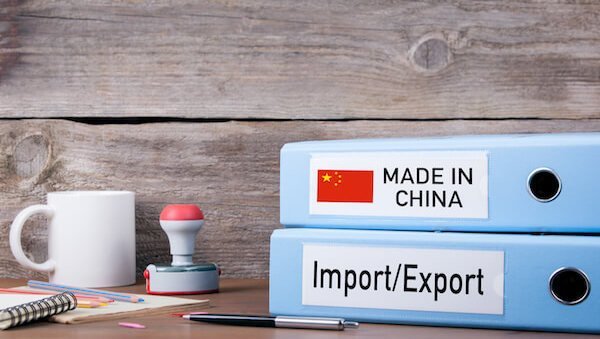Finding a rare electric guitar for a fair price is something that vintage guitar collectors and dealers dedicate most of their time to. To buy an electric guitar from the 1950’s, dealers should be ready to spend around what a new BMW costs. Newer, custom made guitars, though less expensive, can also cost dealers quite a lot of money, particularly when shipping and handling is taken into account. Many customers also consider newer guitars to lack a certain character and feel that vintage guitars provide. Fortunately, there is an alternative to 5 figure guitars and new custom guitars without character. The answer lies in Japan. Japanese guitars are considered by many dealers and collectors to be the greatest deal in the market. Unfortunately, American guitar companies realized the threat of Japanese manufactured guitars decades ago, and blocked the sale of guitars outside of Japan. This guide will help American guitar dealers navigate the challenge of both buying and importing a guitar from Japan.
History
The most discerning guitar collectors and shop owners have discovered an alternative to expensive vintage guitars with Japanese guitars. Starting in the late 1970s, many guitar companies, such as Fender, Gibson, Ibanez and Epiphone, engaged Japanese manufacturers such as FujiGen, Dyna or Tokai to produce cheaper versions of their instruments for sale outside of the United States. Some initially intended to sell the Japanese line of instruments in the U.S. as an entry level model, but quickly learned that the quality of the products exceeded that of their own U.S. factories, so blocked the sale of these in their home territory. With the rising cost of labor in both the United States and Mexico, instruments produced in the aforementioned gradually became unaffordable to a large portion of consumers. As the Japanese manufacturers began to grow, American companies would allow for domestic distribution of limited edition models, thus exposing their customers to what they could be buying if it were available. Due to their excellent quality and low price, the demand for Japanese manufactured guitars surged. Unfortunately, the blocked sale of these guitars made coming across a Japanese guitar a rarity. For years, buyers would have to stumble upon a used model at a store or locally, which was not likely, especially when their owners had no reason to separate from them. E-commerce opened a new avenue for what would become its own niche business.
E-commerce
Traders in Japan strategically purchased a surplus of what was their own local market for sale through various E-commerce stores, mostly eBay. Whether brand new, slightly used or older models, these guitar aficionados were able to sell out their entire supplies to a largely American consumer base. With every passing year ‘MIJ’ guitars, as they are often referred, develop an ever increasing, nearly cult-like following. Any why would they not? Even including a hefty shipping charge to make their way across the Pacific, these precisely made instruments still cost less than a guitar made in the United States or Mexico. Dealers purchasing guitars from Japan are aware of the great financial deal they are getting. However, what most dealers do not realize is that the E-commerce platforms used to sell and buy these guitars generally offer less than ideal exchange rates and high fees.
Working Outside of Traditional E-commerce Platforms
Dealers interested in purchasing guitars via commonly used E-commerce platforms may want to try contacting the seller directly and asking them if they would consider a sale outside of the platform. Generally speaking, most sellers would agree to this, as there are large costs and fees being deducted from their side of the transaction as well. For those dealers already seeking to save money by purchasing guitars from Japan, they should know that they can save even more money with some careful planning through a currency specialist. Remember, most E-commerce platforms take 3.5% off the top of a purchase, and then another 5-15% from the seller as a “user” fee. When you add the exchange rate that is offered, a dealer can have unnecessary costs and loss. Guitar dealers looking to buy and sell internationally should consider working with a currency specialist to help them strategize the process of importing guitars from Japan. For those who regularly purchase from specific vendors, a currency specialist can help them with automated payments, currency forwards and even setting up an international payment platform for foreign buyers interested in their guitars. For those dealers currently relying on online auction sites for their buying and selling, a currency specialist could provide a large amount of savings. Use FXcompared’s comparison tool to find a transfer specialist that best fits your needs.








